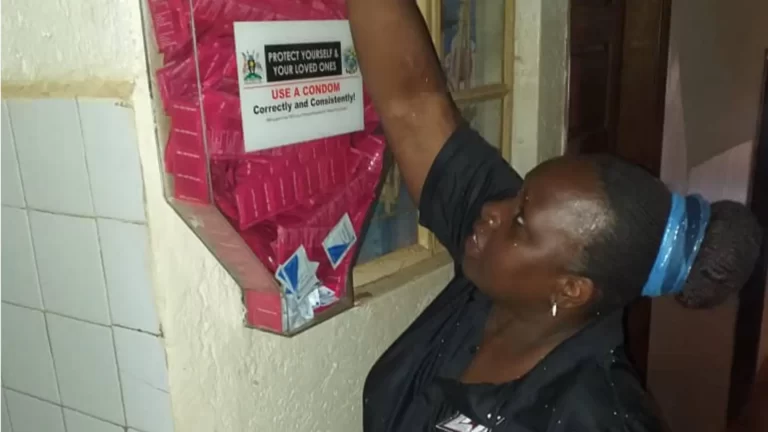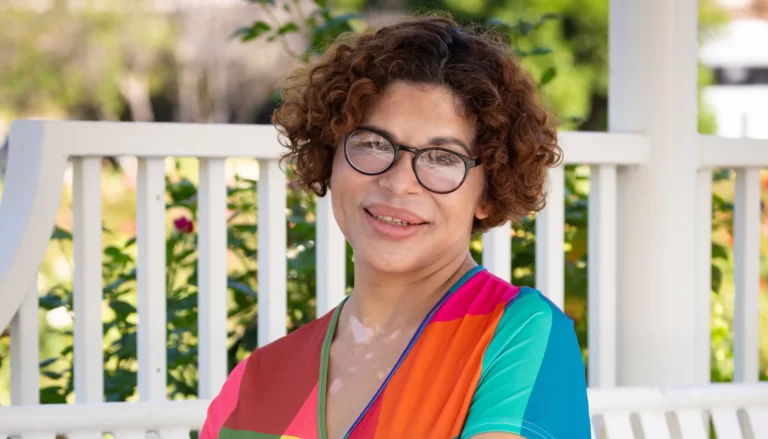Written by Mary Pavlu, Associate Director Communications
The world has made great gains in the control and treatment of HIV for adults and children, but young people are continuing to be left behind. It’s estimated there was a 45% increase in AIDS-related deaths between 2005 and 2015 among 15- to 19-year-olds globally, and AIDS is still the leading cause of death among young people in sub-Saharan Africa.
The Elton John AIDS Foundation’s mission is to change this by supporting programs that embed HIV & AIDS education within issues young people care about, such as mental wellbeing, sex and pleasure and their social community. Youth in Africa are accessing these programs through what resonates with them — their peers and cell phones. We believe we can save lives by providing information on these topics in engaging ways that truly understand, reflect and respond to the changing sexual and mental health needs of young people, namely via easy-to-use, youth-centric tech.
Triggerise: In their hands
It was gratifying to see this strategy playing out during my recent trip to Mombasa, Kenya. Here, the Elton John AIDS Foundation is funding Triggerise’s “In Their Hands” program, which uses a digital app, Tiko, that links adolescents in Kenya to youth-friendly and high quality sexual and reproductive health (SRH) services. Across Mombasa county in 2022, nearly 29,187 family planning and HIV testing services were accessed through Tiko and 60% of those who accessed services were repeat users.
As part of the Foundation’s partnership with Triggerise, platform coverage was recently expanded to include public sector clinics providing HIV services, creating one of the first bridges between public and private systems where young people’s choices can be tracked across both sectors. Through these local clinics, the platform empowers young people to decide if, when, and where to access SRH services, giving them control over their own health choices.
The agility to implement insights from real-time data has also been a key driver of Tiko’s success. This platform can not only be used to send reminders via push notifications but is a valuable resource for capturing and utilizing real-time data to better understand adolescent needs. Incentives are aligned to deliver quality care – clinics get reimbursed per visit and young people rate their experience and earn points with each engagement, which they can then redeem at local stores. Clinics that show consistently low ratings from young people are removed from the service offerings, ensuring youth voices play a central role in receiving the kind of care that is ideal for them.
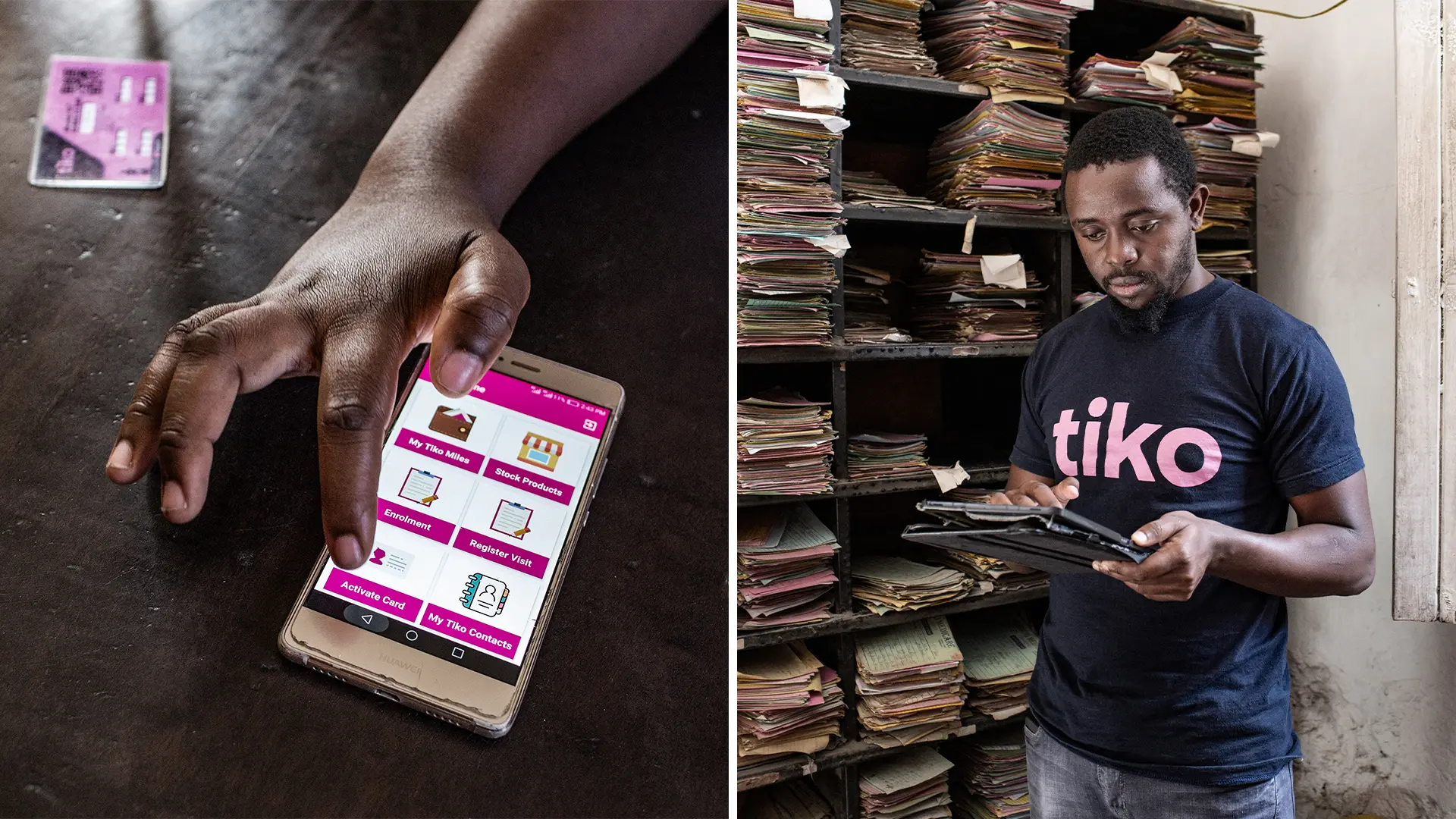
“Because of Triggerise’s partnership with the Elton John AIDS Foundation, we are now able to reach out to a wider audience of young people that go unnoticed and are underserved, especially female sex workers and all those who are in need of Antiretroviral Therapy and PrEP,” Dominic Ndawa, Mombasa County Lead for Tiko said. “And, importantly, the service is free, confidential and non-judgmental. Our mission is to motivate young people to make positive choices for their health and wellbeing.”
I saw how the app drives positive change in the community during my time in Mombasa, but quickly observed that it wouldn’t be possible without a key element – Tiko “mobilizers.” A mobilizer is an agent of change from within the community. Tiko mobilizers actively reach out to the underserved youth in their neighborhoods and connect them to various healthcare services, including mental health, via Tiko. Through Tiko, members can be guided to local counselors who will support them in seeking treatment for mental health issues.
In 2022, mobilizers were responsible for enrolling over 17,000 young people in Mombasa county onto the platform. I had the pleasure of shadowing Margaret Shisia, Lorna Omallo and Joyce Masake, just three of the 70 mobilizers in Mombasa who are empowering the youth in their community.
As young women themselves, they understand the SRH challenges their peers face. They informed me how lack of access to contraception, paired with ongoing cultural stigma, makes it extremely difficult for young people, especially girls and LGBTQ+ young people, to take control of their bodies and make positive health choices. They shared how COVID-19 lockdowns only made the situation even more dire, as Kenya is one of several countries that experienced a spike in teenage pregnancies, HIV infection rates, and gender-based violence since the start of the pandemic.
“I’m very proud to be a mobilizer because I didn’t have any knowledge about sexual health or how to protect myself when I was young,” Margaret said. “Now I can make sure my peers are empowered to make the decisions that are right for them and feel supported.”
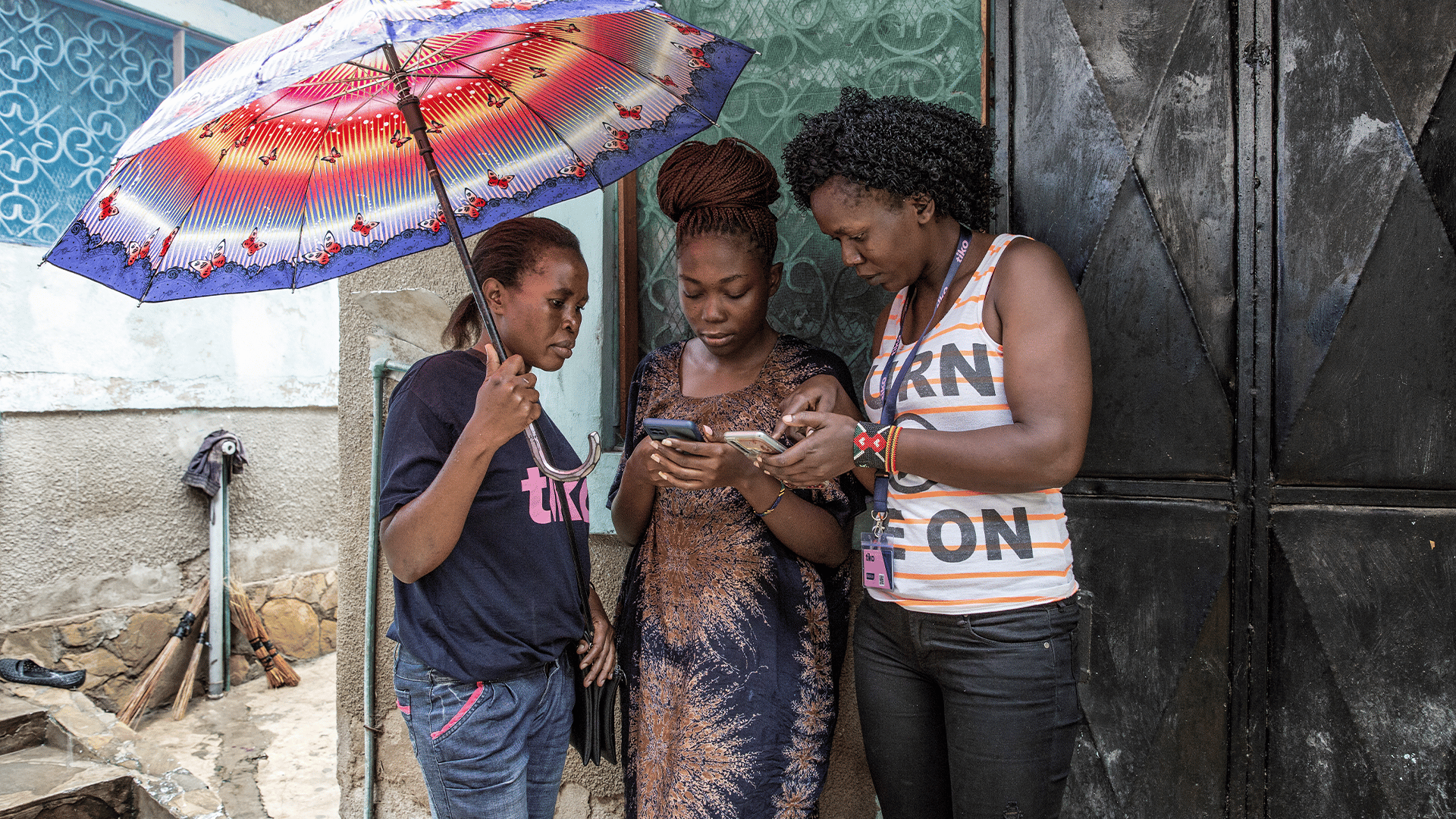
When a young person visits a Tiko clinic and accesses services, they earn Tiko points which can be redeemed in participating Tiko-affiliated stores for essential items like sanitary pads and school supplies. These are local businesses including pharmacies, stores and beauty salons. This incentive scheme not only encourages young people to take control of their health and receive a reward in the process, but it also boosts the local economy in Mombasa.
Tiko rewards not just the app users, but mobilizers like Margaret who earn points by referring their peers to the platform. Enrolling young people onto Tiko can be done via SMS for those with phones or a Tiko card for those without phones, making it accessible for everyone.
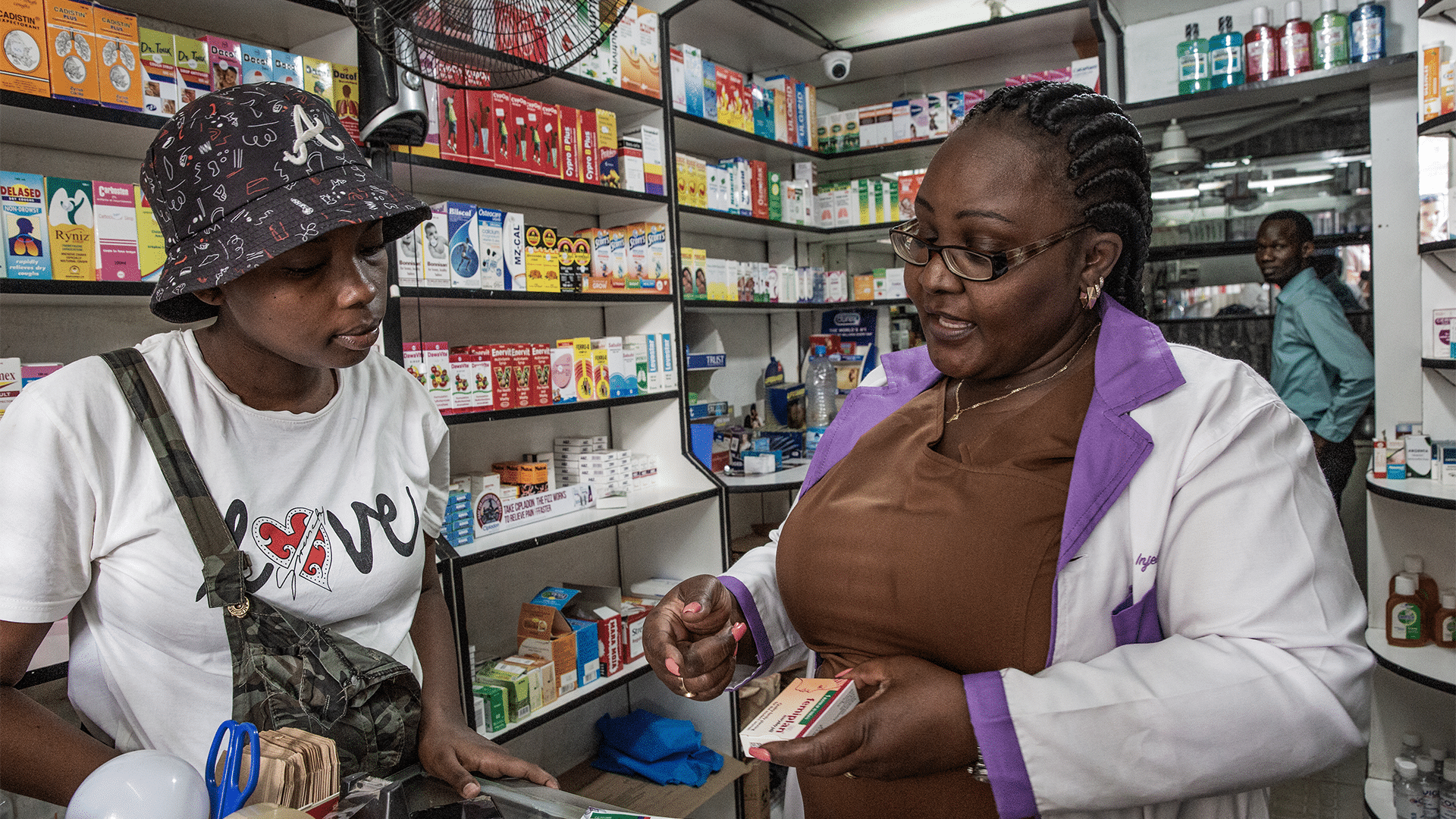
“It’s not always easy, but it’s worth it to have private conversations with my peers about signing up with Tiko so they can make safe choices. Getting them to the clinic will help them learn about PrEP, get advice for HIV testing, and learn more about reproductive health,” said Lorna Omollo, “all while getting free access to basic health items through the Tiko reward program.”
By providing the right information that directly engages young people across Kenya where they are, they are making better, safer choices. It creates an environment where everyone, no matter their gender, has control over their own bodies, all while investing in the local economy. This will lead to reduced HIV infections and improved sexual and mental health outcomes for themselves, those they love, and their communities.
SOURCE:
UNAIDS: Ending the AIDS epidemic for adolescents, with adolescents

